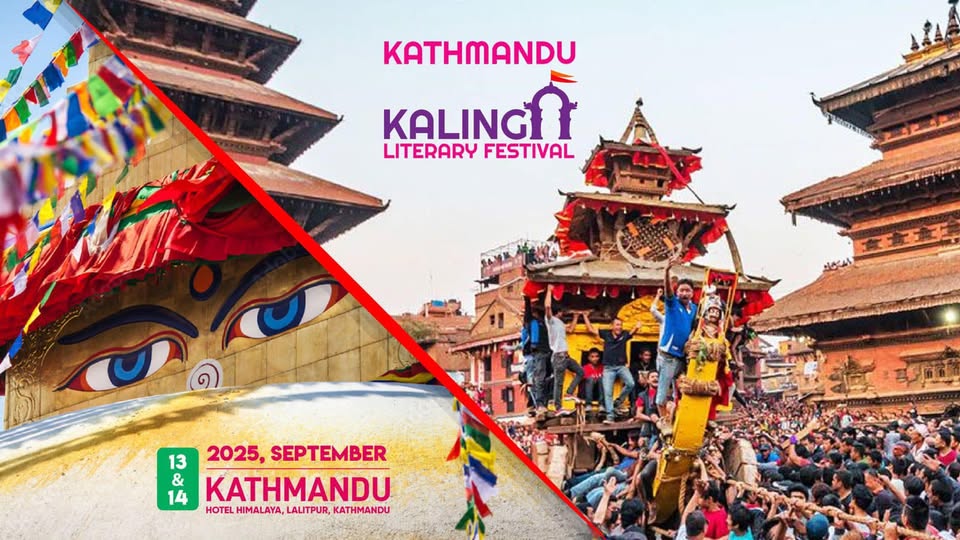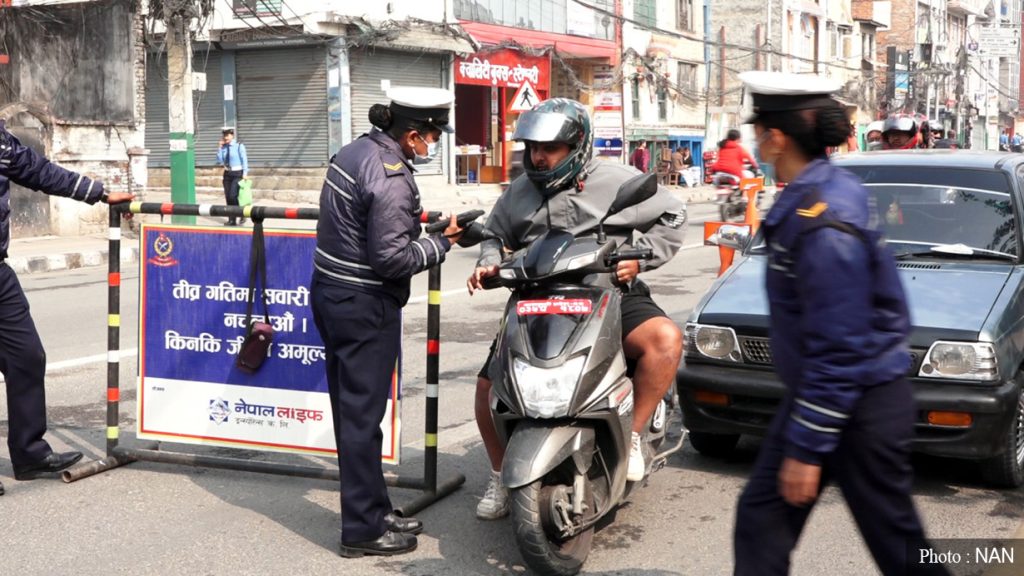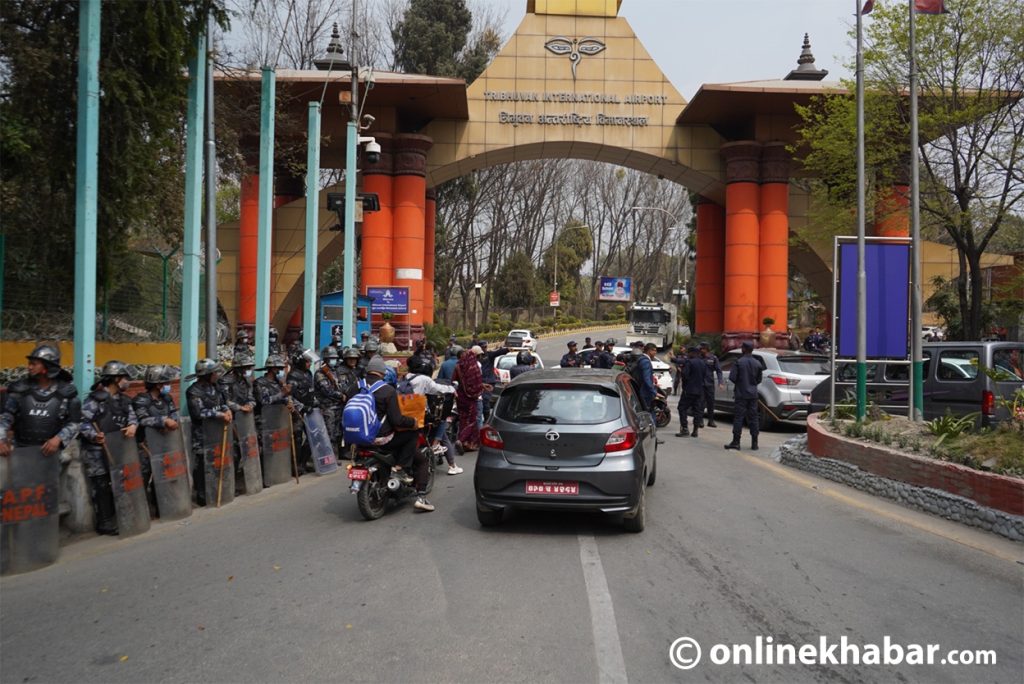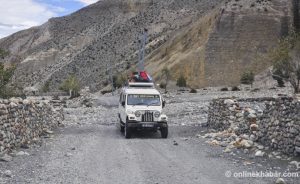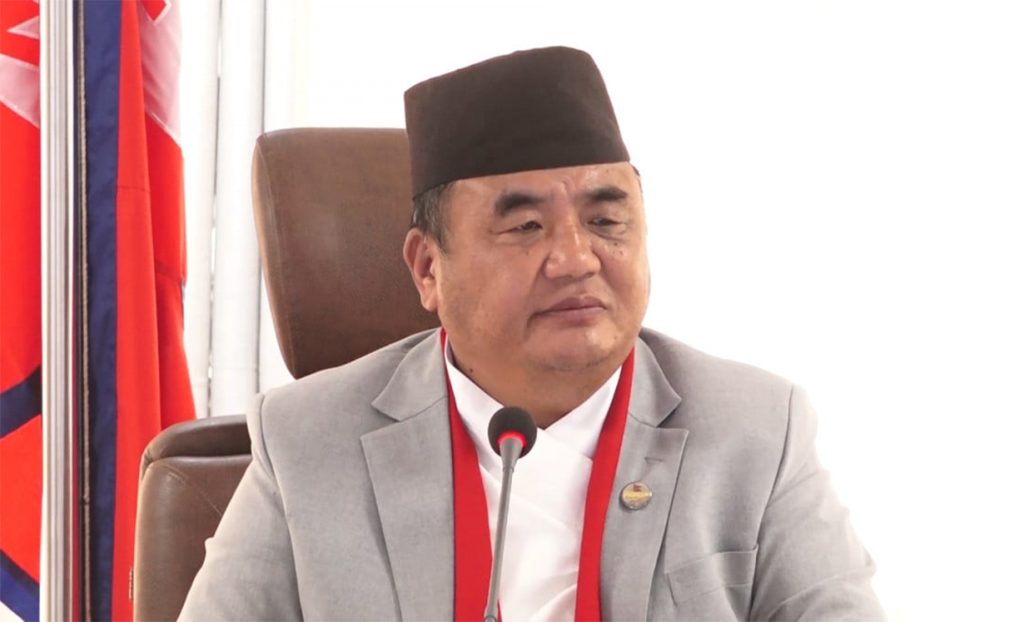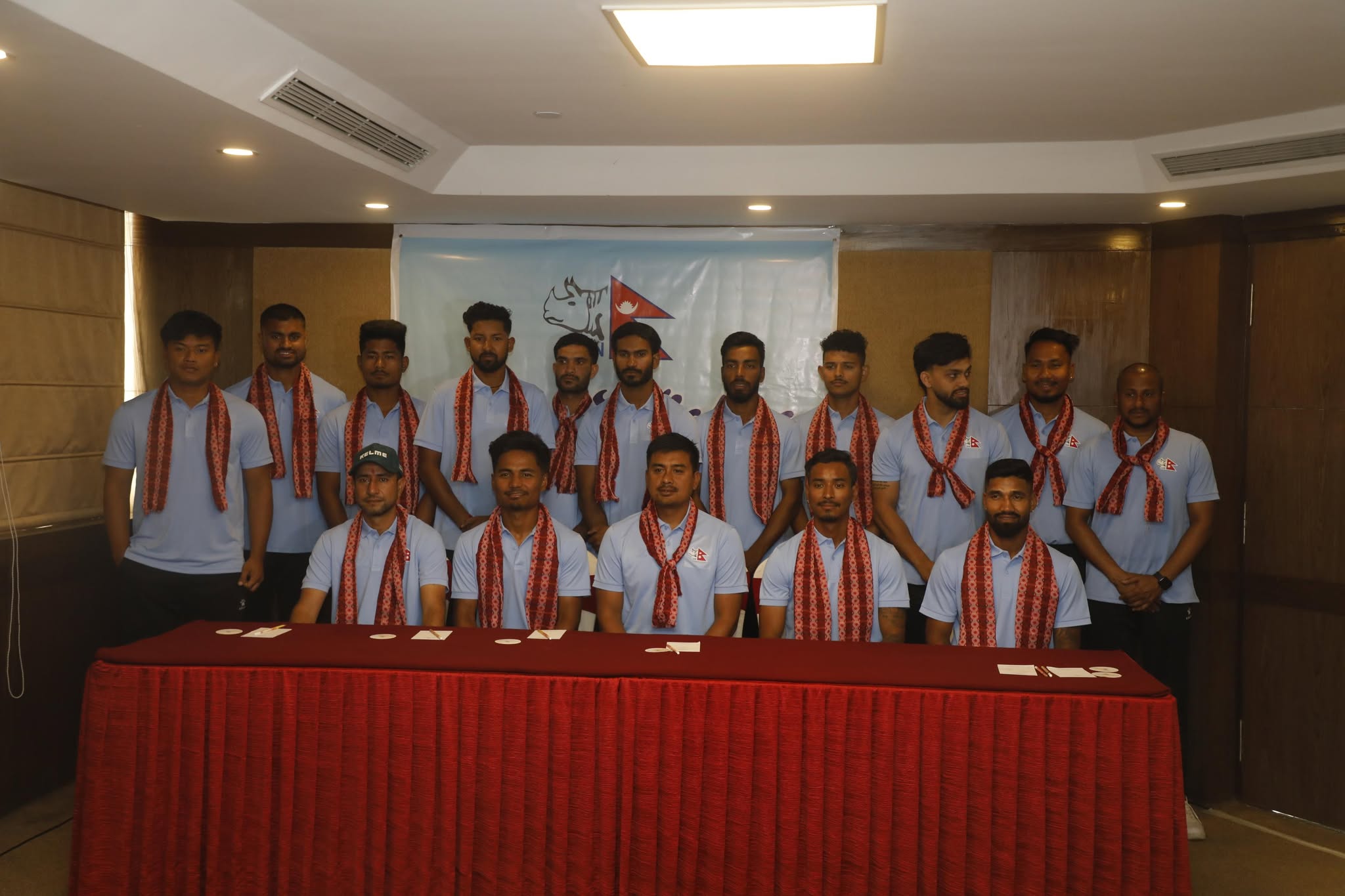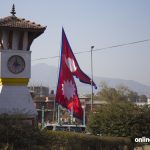
Photo: Suraj Maharjan
When Kathmandu’s former mayor Keshav Sthapit envisaged the Maitighar Mandala in Kathmandu, he thought it would symbolise the city’s traditional art and culture to showcase to the 2002 SAARC Summit delegates. The Mandala later morphed into a platform for citizens to raise their voices and concerns in a city where open space is scarce.
“Now that we’ve seen how important the Mandala is, we need more such open spaces in the city so that the public can warn the leadership in Singhadarbar whenever needed,” says the former mayor ahead of the launch of the ‘Occupy Tundikhel’ movement, a citizen-level campaign calling for the evacuation of Tundikhel (the open ground from Ratna Park to Sahid Gate).
But Sthapit and other local leaders of the ruling Nepal Communist Party, which also leads the Kathmandu’s local government, are reluctant to support the campaign whereas the main opposition Nepali Congress is strongly backing the proposed campaign.
Ruling party’s unannounced avoidance
The NCP leader Sthapit currently represents Kathmandu’s 6(A) constituency of the Province 3 Assembly–Tundikhel falls in his constituency. Whereas the campaign’s initial programmes have already been publicised over social and mainstream media, Sthapit is silent.
Ganapati Lal Shrestha, a campaigner, informs that Sthapit does not answer calls.

However, in a conversation with Onlinekhabar, Sthapit clarified that he does not believe the people who are leading the campaign can take it to the conclusion and deliver the promised results. “They look energised for some days, but they withdraw from every issue they raise,” he says, “They could not deliver results from the previous campaigns they launched.” On the other hand, the team that spearheads Occupy Tundikhel lacks an ‘all-acceptable’ leader, Sthapit complains. He suggests the campaign include cultural experts such as Satya Mohan Joshi and poets such as Durga Lal Shrestha as leaders.
Shrestha refutes Sthapit’s allegation about the team’s track record. “Thanks to our efforts, the Supreme Court has ordered the controversial Maharjan Complex owners to limit the building to 35 feet height and they have begun removing pillars erected for upper floors.” “Yes, they wanted us to leave it halfway. They offered us Rs 30 million as hush money. But we did not accept,” he says, “Instead I had to borrow a loan of around Rs 200,000 to promote the campaign.”
Clarifying that his team tried to approach both Joshi and Shrestha as suggested by Sthapit, the campaigner says both the icons cannot attend the inaugural event on Saturday due to health reasons. He also questions Sthapit, “What is more important for you: the cause or the people leading it?”
For Shrestha, it is not an issue of who is leading it, rather the NCP’s leadership at all levels of the government is barring leaders like Sthapit from supporting the campaign. “Because they are in the government, they wish we did not do any of such programmes [that expose shortcomings of the government]. The same happened with the recent Guthi protests. Though two lawmakers of the ruling party Krishna Gopal Shrestha and Rambir Manandhar joined the protest in the last stage, the ruling party did not say anything officially.” The main opposition, Nepali Congress, however, was outspoken and it had obstructed House proceedings for a few days over the issue.
Opposition’s backing
The same cycle is likely to repeat this time. While provincial lawmaker Sthapit vehemently criticises the campaigners for failing to deliver and ‘disrespecting the seniors’, the constituency’s House of Representatives member Bhimsen Das Pradhan, who represents the Nepali Congress, says the campaign is above political interests and everyone should take part in it.
“Tundikhel does not belong to my constituency only, but it is a property of entire Kathmandu,” he says, “The Ranas, Shahs and Panchayati rulers occupied Tundikhel in different names, and it has continued after the establishment of the republic also. It should end. Tundikhel has to be open.”

The opposition party’s support to the campaign is clearly seen in the office of Kathmandu Metropolitan City’s deputy mayor Hari Prabha Khadgi. Khadgi, who was elected to the post despite the loss of her party’s mayoral candidate in the 2017 poll, is seen telephoning her cadres and acquaintances personally and inviting them to join the event.
“Tundikhel is connected to major political changes in our country. It is also a part of our heritage. I would like to thank the campaigners who are trying to remove everything that has occupied Tundikhel,” she says, “People have sent us to the office with a trust that we meet their expectations. That’s why I am supporting the campaign.”
“I am also a member of the public and I have a responsibility to protect the open space in my locality. I will be joining the event.”
In contrast, the city’s mayor Bidya Sundar Shakya is totally silent on the issue. Campaigner Shrestha says Shakya is not answering calls for the last few days. A team of the campaigners visited his office to extend an official invitation on Wednesday, but he was not available there. “We got to meet him at a function this [Thursday] morning and handed over the invitation. He just said, ‘I will look into it’,” Shrestha informs.
“From our previous conversations, however, we can say that the mayor does not have any clear voice about how such issues should be handled. This is unfortunate.”
“This is a nonpolitical programme. Anyone can be a part of it. We invite all the political parties and their leaders equally,” Shrestha says, “But it’s up to them to come or not come. Leaders of Samajbadi and Bibeksheel parties have also extended their support.”
He casts his doubt, “Some people are not joining, maybe because they are also a part of the malpractices in the past.”







